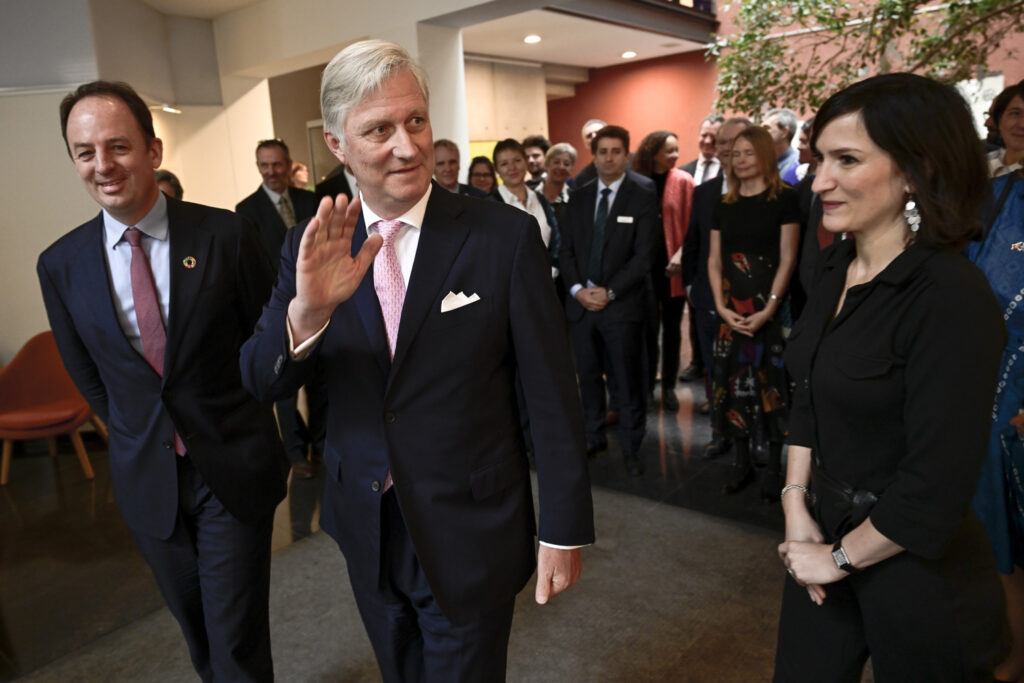The head of Belgium's development cooperation agency warned government negotiators on Tuesday against any plans to implement drastic budget cuts in the development cooperation sector.
"Disinvestment in international cooperation is a poor decision in our interconnected global world," Enabel Director Jean Van Wetter said in a blog post.
A savings plan proposed by then formateur Bart De Wever included transferring half of the development cooperation policy to the federated entities, according to an article in the Echo daily. However, neither the French-speaking entities, which have already agreed on their budgets, nor Flanders and Brussels, where negotiations are ongoing, have planned for such spending.
Belgium falls short of the OECD development cooperation standard
The annual development cooperation expenditure is about €1.2 billion, with €500 million to €600 million invested in multilaterals such as international organisations. Enabel receives €220 million, largely for bilateral operations, primarily in Africa. The remaining funds are shared between humanitarian aid and NGOs.
Using only 0.45% of its budget for cooperation, Belgium already falls far short of the OECD standard of 0.7%. Van Wetter highlighted that any further reduction could marginalise Belgium’s role and damage its global standing.
In a world where Europe’s influence is decreasing, Van Wetter emphasised the need for global partnerships for continued development, particularly with Africa, given its youthful population, arable land, solar potential, essential minerals for energy transition and ideal carbon-capture sites.
Development cooperation offers direct returns on investment
He also acknowledged the changing geopolitical landscape, pointing out that Western countries no longer monopolise international aid. Since the beginning of the 21st century, other stakeholders have emerged, such as China, Turkey, the Gulf countries, Russia, and Saudi Arabia.
Maintaining a presence in Africa is essential to retain Belgium’s influence, Van Wetter argued, warning that further budget cuts in international cooperation would reduce this influence to insignificance.
The Enabel director also dismissed the notion that development cooperation should be viewed as charity, arguing that it offers direct returns on investment for Belgian businesses. Belgian companies sell goods and services worth hundreds of millions of euros to international organisations per year, he pointed out.

